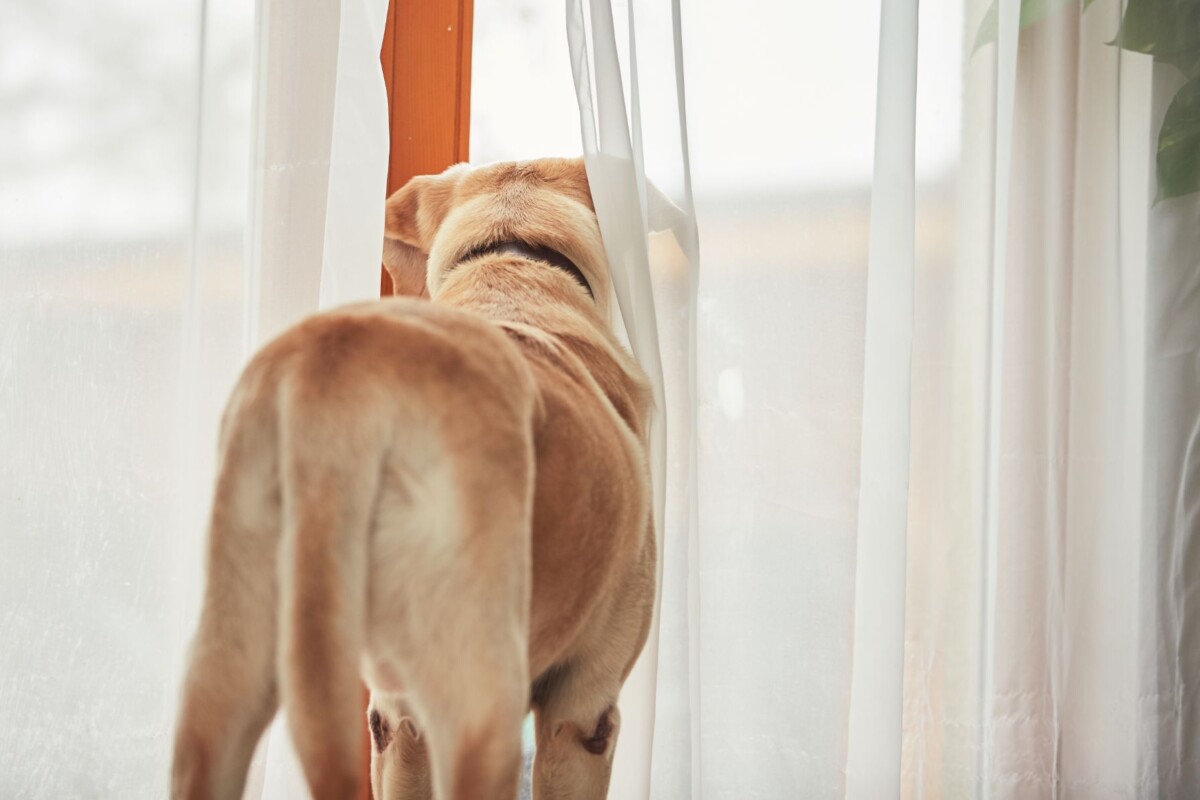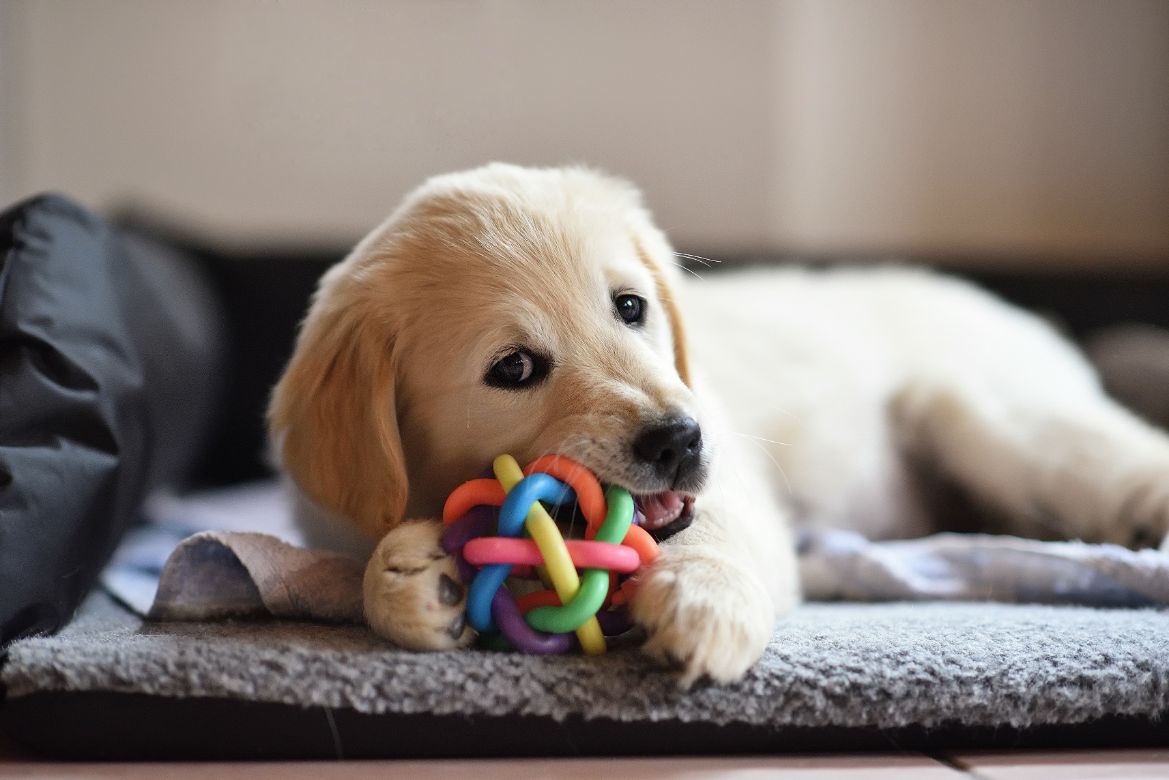Dogs love routine, change breaks routine; so they’re not particularly fond of change. Here’s how to go about it.
Your dog, especially if they are not a puppy anymore, will have a fairly consistent lifestyle – they will walk, eat, and sleep at roughly the same times every day.
If there’s going to be a period of change there’s a good chance your dog will reject it at first, or at very least will begrudgingly accept the change.
After a time the ‘new’ will become the ‘normal’ but the period in between can be stressful for both you and your dog, with some acting out and tantrums possibly on the table.
There are some situations that are more turbulent than others for dogs, so here are just some of the ways you can handle change in specific instances
Moving Home

The big one. Many dogs really struggle with a house move, even if their routine stays the same. The unfamiliar surroundings can be hard to acclimate to.
If you don’t play your cards right there’s a risk of your pup running off in search of its old home, so here’s the roadmap to avoid that. If your house move is nearby, make sure that you pass it during walks. Maybe even stop outside of it, so that they are familiar with it when the move happens.
When you move, first thing’s first, set out your dog’s bed and toys signifying that this is home now, if it’s all packed away for the first while your dog may be in a confusing limbo.
If possible try to keep the routine. Keep walk times and meal times as rigid as possible so that it’s only one thing that they’ll have to acclimate to.
Routine Changes
If you have a new job that involves new hours, or different hours, your dog can become confused, restless, and possibly destructive if they aren’t sure they are going to get a walk.
It’s not out of badness, there’s just a lot of unused energy that needs to be burned and if they aren’t sure they are going to get it they get antsy.
It may be time to switch up to a morning walk if you can no longer manage midday or evening walks. That gets it out of the way and allows your pup to settle before you set off to work.
If you are working irregular shifts you may need to invest in a dog walker to give your pup that sense of routine which they crave. The same goes for feeding. Before starting your new job – if possible – move feeding forward or backwards by 10-minute increments until it works with your new routine.
Lifestyle Changes

A lifestyle change can be tough, but sometimes they are needed if your pup is piling on the pounds, or is refusing to get outside.
Unlike the rest, a sudden change may actually be the best thing; ripping off the band-aid so to speak.
When it comes to diet, for example, switching to raw dog food can help boost your pup’s immune system and energy levels. The straight swap method has a solid success rate.
That’s because when presented with 1 unchanging option, a hungry dog will usually eat.
Got a slightly more picky pooch? No worries, go for a phased approach. Make the lifestyle change, whether it’s an extra walk or a healthier diet little by little; eventually phasing completely towards the new norm.
New People
If you have a new partner, or a little one, your dog may be a little jealous so make sure not to leave them out.
Introduce the new ‘person’ who’s going to be a regular in their life straight away and build up their time together if possible.
This will help them get used to this new person. If they just appear and take all of your attention there may be a problem down the line. Be sure to keep your dog in the loop and involved at all times as after all, they are part of the family too.

